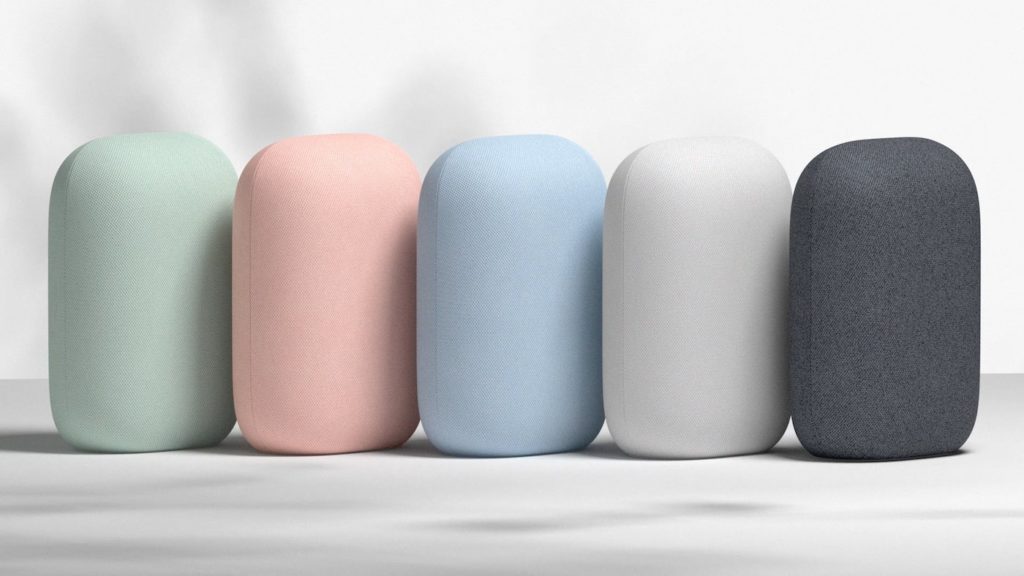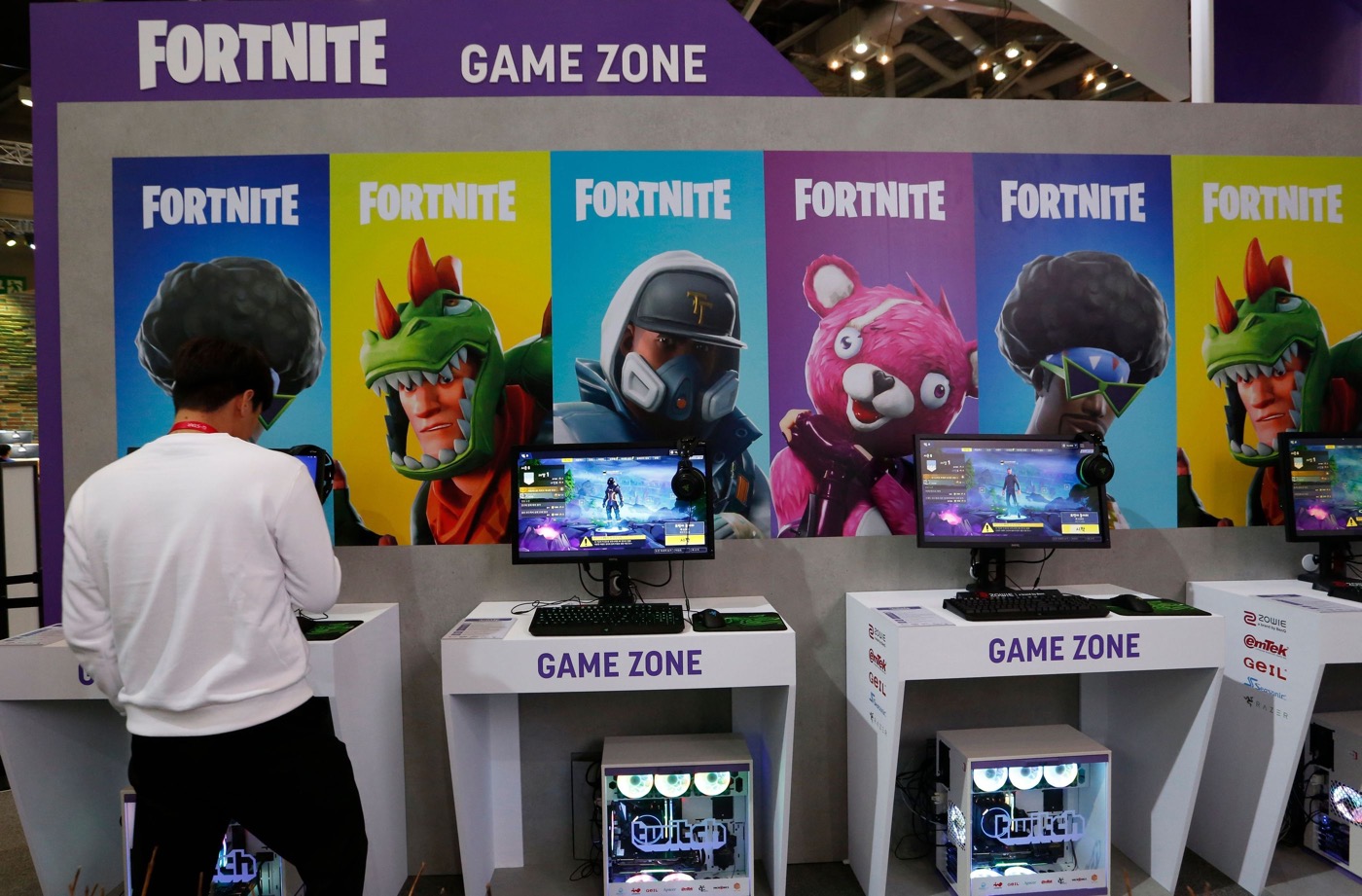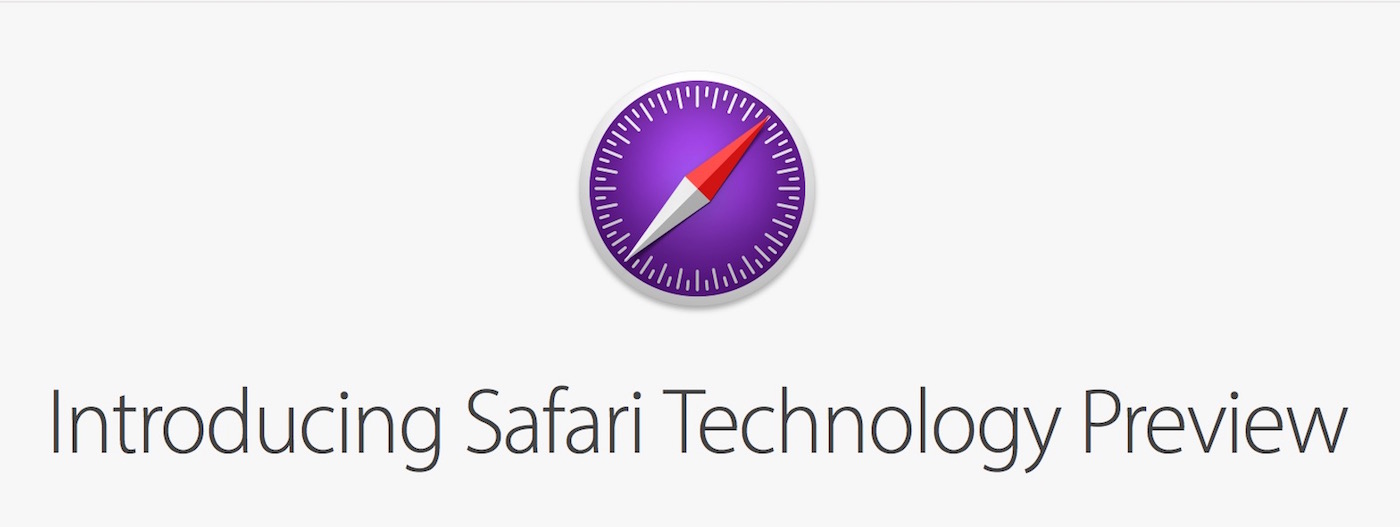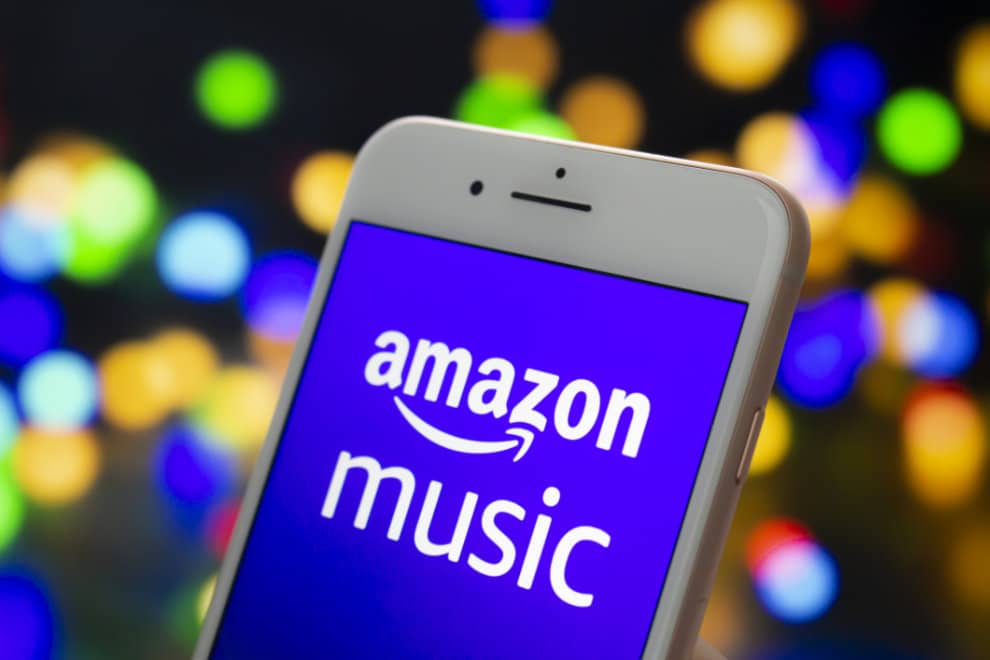Patent infringement: Sonos wins battle against Google
The United States International Trade Commission proved right to Sonos following its attack on Google over audio patents. Google has been found guilty and will not be allowed to import products that infringe Sonos’ patents. This includes smart speakers, devices like the Chromecast, and some Pixel computers and phones.
Summary of the facts
Sonos sued Google in 2020, saying the company used their partnership to weaken Sonos and use the company’s intellectual property for its own products. This includes the technology that allows speakers to connect and sync wirelessly, which many Sonos speakers are known for. Google, unsurprisingly, denied it and took legal action, claiming that Sonos had infringed several of its own patents.
In August, the U.S. International Trade Commission issued a preliminary ruling in favor of Sonos. And here is today the end of a long battle between the two companies.
A ban on importing Google products in 60 days
Sonos had asked the Commission to block imports of Google products which the speaker maker claims infringe its patents. These include Google Home speakers, Pixel phones and computers, and the Chromecast HDMI dongle. The import ban will take effect in 60 days. During this period, the matter will be the subject of a presidential review. The Biden administration can technically agree with Google, but it seems unlikely.

Sonos and Google’s reactions to the decision
Sonos reacted to the victory in their fight against Google:
We appreciate the fact that the ITC has definitively validated the five Sonos patents at issue in this case and has ruled unequivocally that Google is in violation of all five of them. This is a general victory, which is extremely rare in patent cases, and underscores the strength of Sonos’ vast patent portfolio and the emptiness of Google’s denials about the copy. These Sonos patents cover Sonos’ breakthrough invention of extremely popular home audio features, including setup for controlling home audio systems, synchronizing multiple speakers, independent volume control of different speakers, and pairing. stereo speakers.
Google may be able to degrade or eliminate product features in a way that circumvents the ITC’s import ban. But if Google can sacrifice the consumer experience in an attempt to circumvent this import ban, its products will continue to infringe dozens of Sonos’ patents, its fault will persist, and the damages owed to Sonos will continue to pile up. On the other hand, Google can, like other companies in the past, pay a fair royalty for the technologies it has hijacked.
And this is what Google said:
While we disagree with today’s decision, we will ensure that our mutual customers have the best possible experience using our products and are not disrupted. We will seek further scrutiny and continue to defend against Sonos’ frivolous claims to our partnership and intellectual property.


